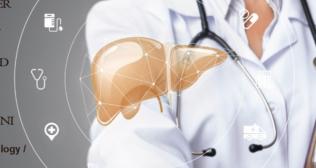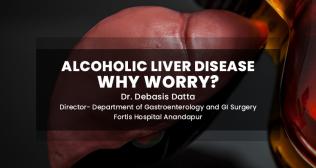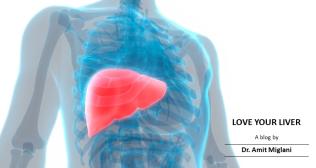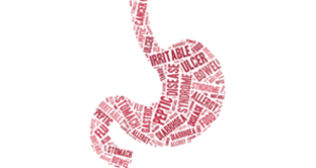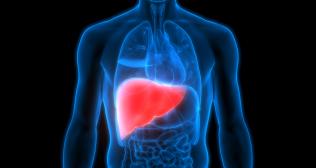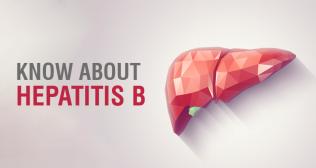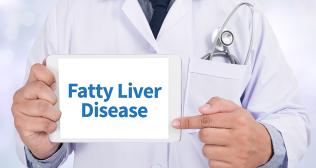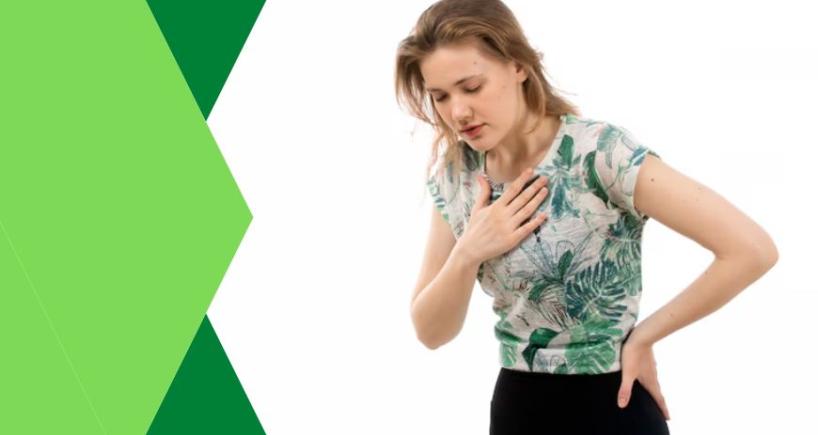
Chest Pain Due to Gas
Are you experiencing gas and then you are feeling chest pain? If it is gas then, how is it related to chest pain, it should cause discomfort near the stomach, Right? This pain might be caused by the gas, but can simultaneously indicate serious health issues. Passing gas 10 to 20 times a day is normal, but chest pain due to gas needs medical attention. Before heading to the Gastro professional, you should know the difference between heart pain and chest pain, along with the causes of chest pain due to gas.
Symptoms of chest pain due to gas?
Gas pain in the chest is often felt as discomfort with a burning sensation in the area. This pain might move to the abdomen. Chest pain due to gastric also feels like:
- Belching
- Indigestion
- Losing appetite
- Bloating
- The passing of excessive gas
- Pain moving to the abdominal parts
- Nausea
What is the Difference Between Heart Pain and Gas Pain?
If you experience relief from pain after burping or farting, it's possible that you're just having a stomach ache or heartburn. However, if the pain persists and you also feel difficulty breathing or queasiness, it could be an indication of a heart problem.
Heart Pain
A gathering pressure falls on the center or left side of the chest. It might last for 20 to 30 minutes. This can be a serious health issue and require instant medical attention.
Symptoms
- Heart palpitations
- Fast heart rate
- Fainting or lightheaded
- Nauseous
- Pain in arms and shoulders
- Jaw and mouth pain
Risk Factors
- High cholesterol
- A diet rich in fat
- Smoking and alcohol consumption
- High blood pressure
- Overweight or obese
- Abuse of certain drugs
- Sedentary lifestyle
- Complications
- Heart rupture
- Heart failure
- Cardiogenic shock
Chest Pain due to Gas
Gas-related chest pain is frequently triggered by consuming particular types of food and drinks. This pain is caused by an accumulation of excessive gas in your chest, which typically disappears naturally once digestion starts. When you experience chest pain due to gas, you may also have other symptoms such as heartburn and gas release.
Symptoms
- Abdominal pain
- Bloating
- Distention
- Burning sensation
- Stabbing pain in the chest
- Weight gain
Risk Factors
- Excess gas accumulation in the colon's left side
- Eating artificial sweeteners
- Smoking
- Drinking
- Consuming carbonated drinks
- Complications
- Chest pain
- Acid reflux
- Cramping
- Bloating
- Disrupted mental health
Causes of Gas Pain in the chest
chest pain due to gas is often felt in the lower chest and is caused either due to consumption of specific food or the results of some medical conditions. If you are experiencing pain in your left side chest due to gas, find out the accurate cause and then reach out to a medical professional.
Due to Certain Food and Medication
Eating certain food that is not easily digestible often showcases the symptoms of chest pain due to gas. Also, if you are introducing a new drug or supplement in your regimen, in the beginning, it might cause gas.
1. Drinking Carbonated Drinks
Soda and beer-like drinks are made of carbon dioxide gas. Excess consumption of such drinks introduces bloating, bleaching, and passing gas in the abdomen and leads to chest pain due to gas.
2. Eating Fibre-rich food
Plant-based food consists of fibre which is not easily digestible by your metabolism system. A bacteria in your gut microbiome process the fibre and often produces gas as a byproduct. Beans, lentils and cruciferous vegetables are fibre rich and might cause heart pain due to gas.
3. Medications
The introduction of a new drug or supplement in your body might be one of the reasons for chest pain. Some medications like antacids, antidiarrheal, iron pills, aspirin or opioids cause gas as a side effect.
4. Swallowing Air
While eating/drinking swallowing excess air causes discomfort in the chest and is also one of the symptoms of chest pain due to gas.
Medical Conditions
Some serious medical conditions also showcase the symptoms of chest pain due to gas. If you are suffering from medical problems, they might be causing gastral pain in the chest:
1. Heartburn/Acid Reflux
When your stomach acid makes its way back to the oesophagus (food pipe), it causes heartburn. It feels like a burning sensation and feels exactly like heart pain due to gas. Eating large amounts of food and swallowing excessive air while eating causes both heartburn and chest gas pains.
2. Irritable Bowel Syndrome
IBS inflammatory digestive condition that causes bloating, intestinal gas, abdominal cramp, and irregular bowel movements. This syndrome can sometimes cause left-side chest pain due to gas.
3. Gallbladder Disease
Inflammation or stones are chronic gallbladder diseases that cause abdominal discomfort and diarrhoea. Sometimes, unchecked gallbladder disease causes pain in the upper right abdominal area which might confuse you with chest pain due to gastric.
4. Food Poisoning
Food consisting of viruses, bacteria or harmful parasites causes Food poisoning which suddenly leads to gas pain in the chest. Nausea, vomiting, fever or abdominal pain are common symptoms of food poisoning.
5. Food Sensitivity
If your body is not able to digest certain food items then it produces an excess in the body like lactose consisted food. Moreover, if you have a celiac or gluten-related disease, eating wheat can cause left-side chest pain due to gas.
Quick home remedies and precautions
You can try the following quick home remedies to deal with chest pain due to gastric. If it is chronic, contact the medical expert.
- Drink plenty of liquids like warm water and herbal teas to move excess gas through the digestive system.
- Eating ginger can help with digestive problems.
- Avoid drinking sodas, carbonated drinks, dairy products and gluten that can trigger chest pain.
- Move your body and do some exercise to let the gas pass.
Key Takeaways
- Passing gas 10 to 20 times a day is normal, but chest pain due to gas needs medical attention.
- Symptoms of chest pain due to gas include belching, indigestion, bloating, and pain moving to the abdominal parts.
- It's important to know the difference between heart pain and chest pain before seeking medical attention for gas-related chest pain.
- Heart pain can cause serious health issues and requires immediate medical attention. Symptoms of heart pain include heart palpitations, fast heart rate, and pain in arms and shoulders.
- Gas-related chest pain is caused by an accumulation of excessive gas in the chest and is frequently triggered by consuming certain types of food and drinks.
- Causes of gas pain in the chest include certain foods and medications, swallowing air, heartburn/acid reflux, irritable bowel syndrome, gallbladder disease, and food poisoning.
- If you are experiencing chest pain due to gas, find out the accurate cause and then reach out to a medical professional.
Categories
Clear allMeet the doctor

- Gastroenterology and Hepatobiliary Sciences | Gastroenterology | Gastroenterology and Hepatobiliary Sciences
-
31 Years
-
3000







